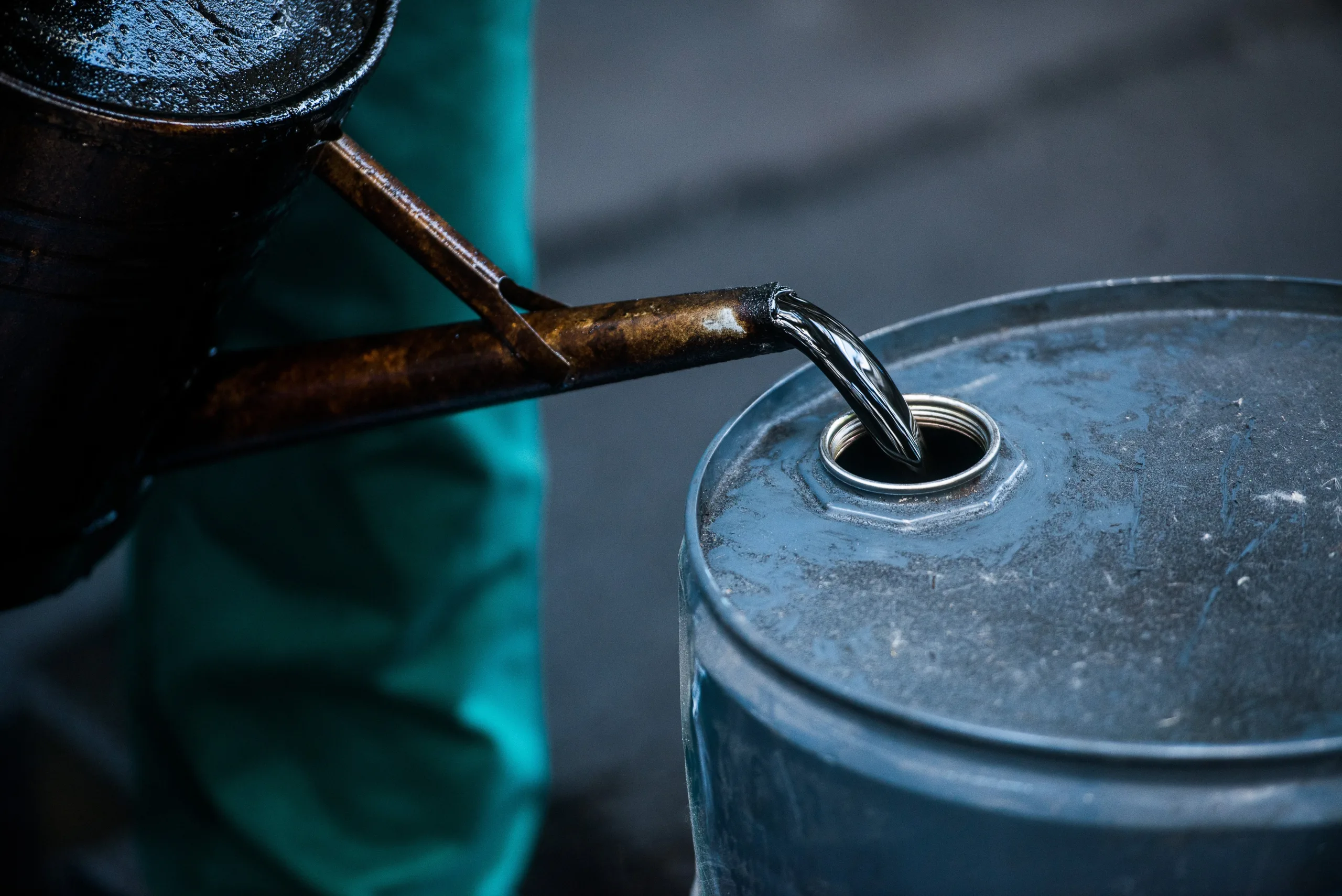The Federal Government, through the Nigerian Upstream Petroleum Regulatory Commission (NUPRC), has projected an increase of about 600,000 barrels per day in the country’s crude oil production, driven by new investments and the implementation of 28 approved Field Development Plans in 2025.
The Commission stated that the new developments are expected to add approximately 600,000 barrels of crude oil and more than two billion standard cubic feet of gas per day, supported by $18.2 billion in committed capital expenditure (CAPEX).
If achieved, Nigeria’s daily crude output would rise to around 1.89 million barrels per day, up from the 1.39 million barrels recorded in September.
The Commission Chief Executive (CCE) of the NUPRC, Gbenga Komolafe, disclosed this projection at the ongoing 2025 World Energies Summit in London. He noted that the approved field development plans have unlocked an additional 1.4 billion barrels of oil and 5.4 trillion cubic feet of gas, signaling renewed investor confidence in Nigeria’s energy sector.
“These outcomes demonstrate that Nigeria’s upstream sector is not only on a growth trajectory but is also attracting the scale of investment needed to sustain its role as a premier global energy hub,” Komolafe stated.
He explained that the administration of President Bola Tinubu has embarked on bold reforms to reposition the sector, turning challenges into opportunities amid global energy transition pressures.
Komolafe highlighted the success of recent licensing rounds, including the 2022 Petroleum Prospecting Licences, the Mini-Bid Round for deep offshore blocks, and the 2024 Licensing Round, all of which he said were conducted transparently and in line with international best practices.
He added that rig activity in Nigeria has surged from eight in 2021 to 70 currently, with 41 rigs actively drilling, while production has risen from 1.46 million barrels per day in October 2024 to about 1.8 million barrels per day.
Major projects such as the $5 billion Bonga North and $500 million Ubeta Gas Project were cited as clear signs of investor confidence, with several more Final Investment Decisions expected soon.
Komolafe emphasized that Nigeria’s approach to energy transition prioritizes both sustainability and energy security. He reaffirmed that the Decade of Gas Initiative remains central to the country’s energy strategy, with reforms guided by the Petroleum Industry Act (PIA) 2021, which introduced 24 globally benchmarked regulations to boost investor trust and regulatory clarity.
He also noted that three Executive Orders issued in 2024 have further incentivized investment in the oil and gas sector, while the implementation of the Host Communities provisions of the PIA has enhanced trust and cooperation between operators and local communities.
According to him, the Commission is embedding climate responsibility in its operations through a Decarbonisation Framework that integrates carbon capture, storage, and access to carbon markets.
Komolafe concluded by inviting both local and international investors to participate in Nigeria’s upcoming Block Licensing Round, describing it as a key opportunity to expand exploration across mature and frontier basins under improved fiscal terms.






Post comments (0)